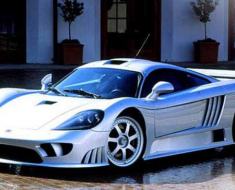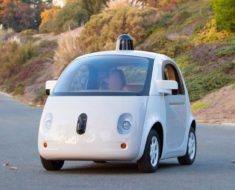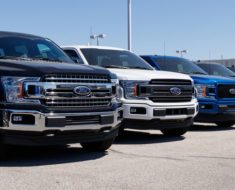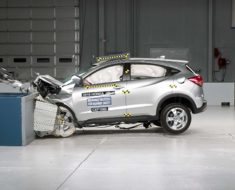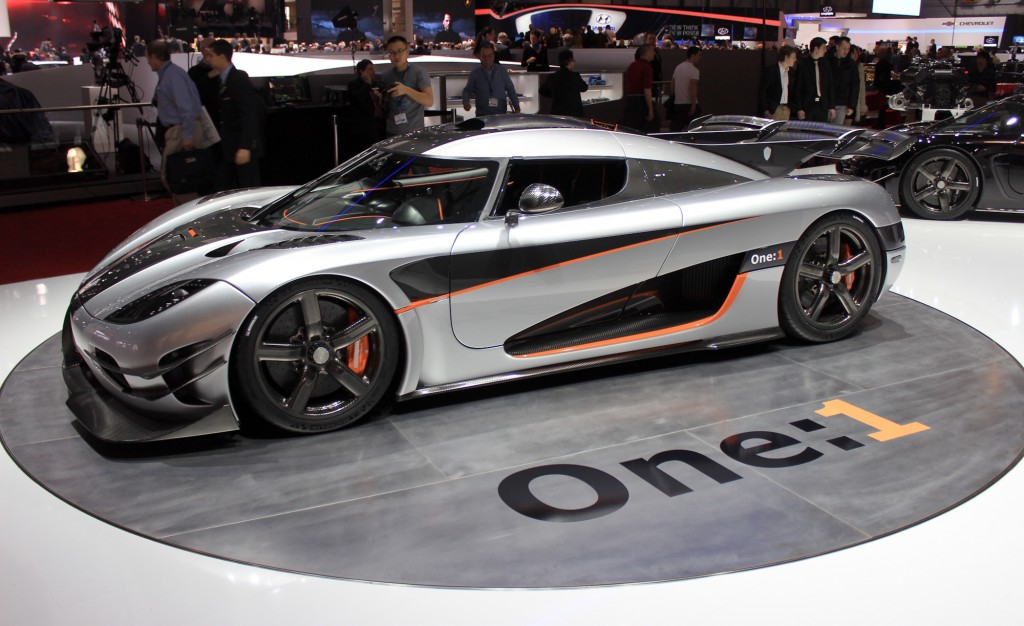Volkswagen released a statement yesterday saying that their profits could decline in the third quarter of the year. The German car maker said that this could be caused by the high costs it is anticipating from the repair of diesel engines in the United States. This is part of the company’s efforts to evolve after they were accused of cheating through a software on the amount of gas that their engines emitted. The company has since accepted the mistake and has been hit by a huge fine. According to the statement released by the company, they mentioned that they would be setting aside approximately 2.5 billion euros for the process. This is equivalent to $2.9 billion and will involve extra costs that will help the company comply with the legal settlement that was imposed by the government of the United States. During the settlement, the German car manufacturer agreed to fix approximately 600,000 cars that were involved in the dispute. However, this would be possible if only customers said that they wanted the cars back. According to the statement by Volkswagen, they said that the process of complying is becoming more technical than they expected. They also lamented that the process was taking more time than necessary.
However, according to a source familiar with the settlement, the cost of the scandal was proving to be astronomical for the company, coming long before these problems emerged. Initially, Volkswagen agreed to compensate the affected people at a fee of $23 billion. This amount included criminal and civil proceedings that had been brought forward by individual states and the federal government. At the moment, the company is having a declined share of the US market following the lawsuit. Considering that there is a significant shift in electric cars where major car makers are investing in them, this could be a huge step back for Volkswagen if they are to have a share of the future cars. The sale of diesel cars is also on the decline in Europe as buyers become aware of the health implications that follow diesel emissions. In fact, numerous cities and municipalities have floated the idea of banning diesel cars. The European Automobile Manufacturers Association said that the sales of diesel cars in Western Europe accounted for 46 percent of the total cars sold. As for Volkswagen, the report indicated that they sold fewer cars than they did in 2016 by 150,000 cars.
Dil Bole Oberoi
